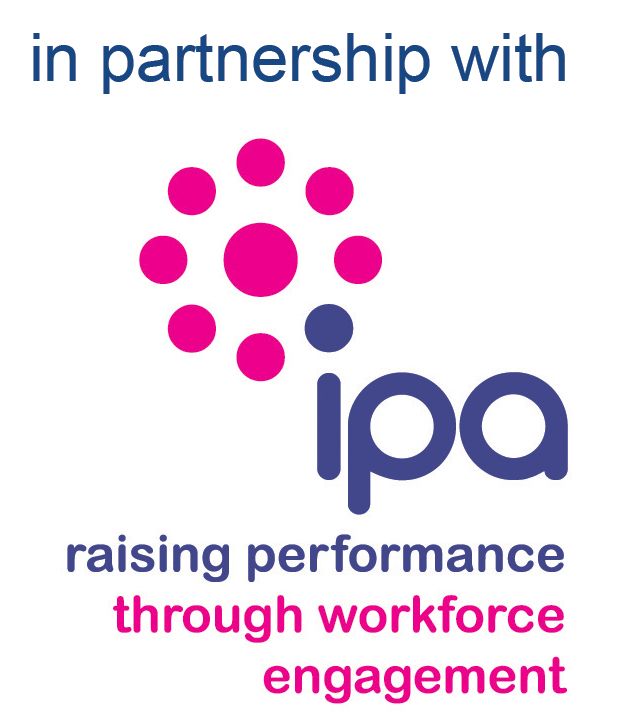In advance of our upcoming IES annual conference on fairness at work, it is worth pausing for a moment to consider the situation in which we find ourselves and why it is critical that we collectively find ways to shape a better and fairer future of work. Definitions of fairness at work and employment are myriad, but we can all broadly align with the central proposition that this is about enabling opportunity for all, removing barriers and tackling disadvantage, and very broadly enabling people to benefit as fully as possible from the potential benefits of work including purpose, growth, voice, wellbeing and income. Held against the realities of the current experience of work for many, that idea does not fare well.
Our recent Commission on the Future of Employment Support highlighted persistent and worsening employment gaps for ethnic minorities, disabled people and others. Recent analysis has suggested that, despite the introduction of gender pay reporting requirements in 2018 and lots of positive sounding commitments, the gender pay gap today is no smaller than it was five years ago. That is not to say, of course, that there is not lots of positive action being taken by many, but the question remains what can we do to accelerate progress?
In a context of high inflation and one of the worst costs of living crises on record, the need for organisations to work collaboratively with employees and their representatives to find a path through these challenging times couldn’t be more acute. We have seen relatively unprecedented levels of strike action and workforce activism, and more than ever there is a requirement for organisations to build and maintain effective channels and mechanisms for employee voice. And then there is progression in work. Or the relative lack of it for some groups. And its adverse impact on the ability of workers to increase their own incomes. The startling reality is that one in six people are on low incomes, and one quarter of those are still in low pay a decade later with a further one in two cycling in and out of low pay. At the same time, those who wish or need to work flexibly are clearly constrained in the opportunities available to them, either to progress in their own workplace or of available opportunities elsewhere.
Research by Timewise has highlighted that people who need to work flexibly for one reason or another are discouraged from applying for 7 out of 10 jobs. This is a clearly a recipe for unfairness, lack of opportunity, stymied progression in work and constrained incomes. Our own Progression in Employment Toolkit provides a template for how organisations can start to facilitate progression in work for all. Nicola Smith, interim CEO at Timewise, will have more to say about how we can address the barriers and realise the opportunities of greater flexible working at the conference.
Whilst the aforementioned paints a fairly bleak picture of where we are, the scope and opportunity for improving inclusion and fairness at work are substantive and exciting. Think of all the things we could do, the progress we could make, the lives we could change, if we were to grasp the nettle and achieve meaningful change. There are social, economic, moral, legal and financial cases for doing so too. The ESG agenda and its importance grows by the day. Fortuitously, our conference features an array of not just leading thinkers but also practitioners, who can not only tell us why but also how. From Nita Clarke on enabling employee voice, Dr Duncan Brown on pay equity, and Heledd Straker on her ground-breaking work on structural inclusion at award-winning And Digital, come and join us to shape the debate, influence practice, and make a difference.
You can register for our annual conference on April 27th here
Subscribe to blog posts
Any views expressed are those of the author and not necessarily those of the Institute as a whole.

